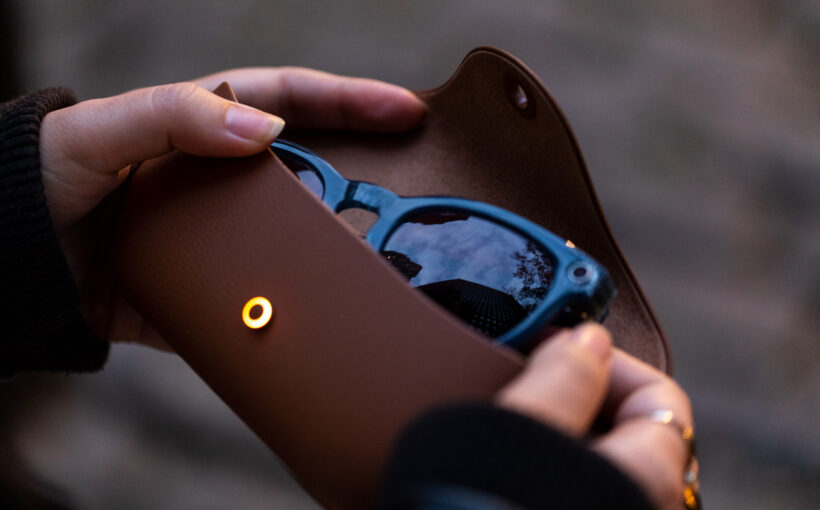
We were whizzing down the slopes, screaming because it is sort of ridiculous to go flying down a snowy hill in an inflatable tube. There was a friendly family competition going on to see who could get down the hill the fastest. Other snowtubers had their phones out — my spouse had planned to record everything on their Ray-Ban Meta smart glasses. They got partway through a video when their fully charged smart glasses abruptly died. We never did find out who truly won.
That’s been an unexpected discovery this past winter: smart glasses are incredibly susceptible to dying in cold weather. It makes sense when you think about it. Phone batteries are affected by extreme temperatures, as are smartwatches. You might not notice it as much because you keep your phone in a pocket or a bag. Your smartwatch is ostensibly shielded under a sleeve. But a pair of smart glasses? Those tend to house the batteries in the arms, which are much more exposed to the elements around you. (Unless you have one of those fuzzy hats with ear flaps. Then you might stand more of a chance.)
While this wasn’t a surprising revelation, it underscored something I’ve been noticing in my long-term Ray-Ban testing. Aside from style, battery life will make or break whether smart glasses can become a mainstream gadget.
Meta is positioning the Ray-Bans as the ultimate vehicle for AI. And if an ever-present AI companion is the goal, you’re ostensibly wearing the glasses for most hours of the day. (It’s why you can get these with clear or transition lenses.) If the battery dies, it’s no biggie if you don’t actually need glasses to see. But if you do need prescription lenses in your smart glasses, the battery dying before bedtime is a pain. You’re forced to either give up the smart features you paid extra for, or the ability to actually see.
Right now, the Meta Ray-Bans get an estimated four hours of moderate use. In my own testing — and watching my spouse, a power user who wears them as their main pair of specs — that’s not enough for all-day wear. The other catch is any of the cool smart features zap the battery life you’re trying to preserve. When I wrote about Meta’s Live AI feature, I had blind and low-vision readers reach out to tell me they were excited at the opportunities such a feature could afford their community. Live AI utilizes the Ray-Ban glasses’ camera so you can ask Meta AI real-time questions about the world around you. For folks with visual impairments, I was told this could help them navigate their surroundings, identify objects, and live more independently. It’s an exciting prospect — but my main concern is those possibilities are hampered by the fact that Live AI reduces the glasses’ battery to a mere 30 minutes.

There’s no way to charge the Ray-Bans — or many of the other smart glasses I’ve tried — with an external battery pack. Some glasses utilize stands or cases for charging, while others have proprietary cords that attach to both arms. However they charge, it’s virtually impossible to power and wear them at the same time. Furthermore, I’ve yet to see a pair of smart glasses with repairable or replaceable batteries.
Take the Ray-Bans. A Meta support page clearly states that “it’s not possible to replace the battery inside your glasses or charging case.” If the battery fails under warranty, you should be able to get a replacement free of charge. But once the battery starts degrading over time, as all batteries do, you have no options other than to get a new pair or a replacement case. I get why the batteries aren’t replaceable — trying to reduce the size so the glasses are wearable means soldering components close together. It’s an issue plaguing the entire wearables category, not just these glasses. But it is a problem.
This is something Meta and other smart glasses makers will have to meaningfully address for this gadget category to be as ubiquitous as phones or smartwatches. I’d argue that nailing all-day battery life is more important than figuring out how to incorporate AR displays. Because if there’s one thing I’ve learned as a wearables reviewer, it’s that people hate charging devices.



